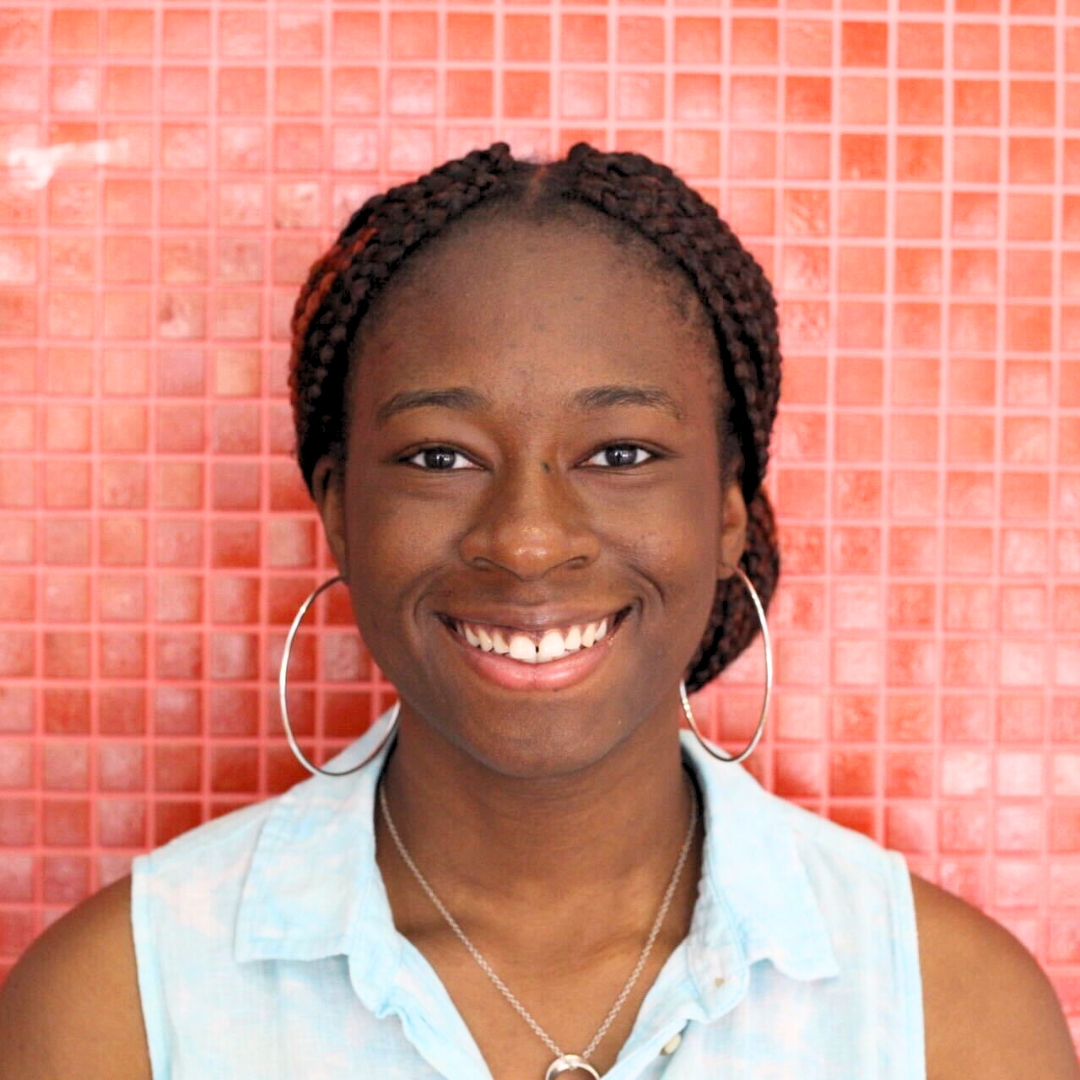The student-run publication of the International, Political and Policy Studies Student Association (AÉÉIPPSSA)
Editorial note: the following interview has been edited for brevity and readability.
Fejiro Mejire, a staff writer for the Fulcrum, sat down with Yara Idris, the director of yPolitika, to learn more about its mission and impact on U of O students.
TF (The Fulcrum):
Could you tell me your name, your position and how long you’ve been with yPolitika?
YP (yPolitika):
My name is Yara Idris. I am the director of yPolitika for 2024/2025 and I’ve been with yPolitika since May 2024.
TF:
How was yPolitika created?
YP:
YPolitika is housed within the International, Political and Policy Studies Students’ Association (AÉÉIPPSSA). It started off as a committee run by the vice president, academic of Public Administration.. Two years ago, the decision was made to establish yPolitika as a subsidiary of AÉÉIPPSSA and we’ve been operating independently since. Now, the director of yPolitika is selected by the AÉÉIPPSSA president and acts as the intermediary between yPolitika and the AÉÉIPPSSA executive team.
TF:
What does the structure of yPolitika look like in terms of management and submission reviews?
YP:
We recently underwent a bit of a transition in terms of organizational restructuring. On the operational side of the team, we have a logistics coordinator, graphics designer and a promotions coordinator. On the editorial side, we have a managing editor, three senior editor positions and three screening officer positions.
We accept submissions on a rolling basis. Articles are screened upwards, starting from the screening officers who are tasked with checking that submissions are in compliance with yPolitika regulations. They are then passed up to the senior editors who are in charge of peer review and work closely with the students throughout that process.
When the senior editors have finished up their round of editing, the articles go to the managing editor, who is then responsible for reviewing all edits proposed by the team and publishing the article on the website.
TF:
Who do you accept submissions from?
YP:
Last year, the focus was on students within AÉÉIPPSSA. This year, we’re really focusing on broadening our reach and accepting submissions from students in all faculties and undergraduate programs as long as they are in line with our themes of political science, international relations, and policy
TF:
What would you say makes yPolitika different from student publications on campus?
YP:
I think what makes yPolitika unique is our focus on a broad range of social, political, economic, and international issues from both a local and a global perspective. We really encourage students to explore topics that may be underrepresented in mainstream conversations or in classrooms, and we provide students with really early publishing experience as undergraduate students.
TF:
What is the best part about working at yPolitika for you?
YP:
I’ve always been passionate about social and political issues. When the opportunity to lead yPolitika came up, I saw it as a chance to help create a platform where students could engage really concretely with a diverse range of topics. I also see it as an opportunity to provide students with opportunities for skills development and publishing experience.
TF:
How do senior editors work with students who make submissions to yPolitika?
YP:
The process goes beyond a check for spelling and grammar. We focus on making sure that ideas are well represented, sources are accurately referenced, and that all work published is cohesive.
The editors on the team are really focused on making sure the students are equal partners in the process. They’re given an opportunity to ask questions, to make suggestions, to push back and have open conversations. I think the process creates an environment of growth outside the classroom.
TF:
Is yPolitika available in print or just online?
YP:
We’re actually working on our first print edition, so stay tuned for that. We also recently received an international standard serial number (ISSN) from Library and Archives Canada, which will allow us to publish the publication on the library’s open journal system, both in print and online.
TF:
Congratulations. Could you tell me about the Academic Conference and what that means for contributors to yPolitika?
YP:
The Academic Conference is an annual conference hosted by AÉÉIPPSSA. yPolitika plays a major role in its organization and hosts an essay competition during the Conference that is open to students who have previously submitted articles to yPolitika. We’ll be calling out for submissions for the competition shortly. The finalists of the competition present their work to a panel of AÉÉIPPSSA professors and are eligible to win a cash prize.
TF:
Are there any restrictions for people interested in joining the yPolitika committee?
YP:
Any student looking to get involved by joining the committee is encouraged to do so. Our committee applications are open on our website and Instagram right now. This is our final call, so I would encourage anybody who is interested in applying to do so as soon as possible.
We prioritize AÉÉIPPSSA students, but we are willing to consider students from other programs and faculties.
To learn more about yPolitika, drop by the director’s office hours at FSS 2002 on Tuesdays from 10 a.m. to 11:30 a.m. or Wednesdays from 4 p.m. to 5:30 p.m.. You can also email yPolitika at director-directeur@ypolitika.com or editors-redacteurs@ypolitika.com






